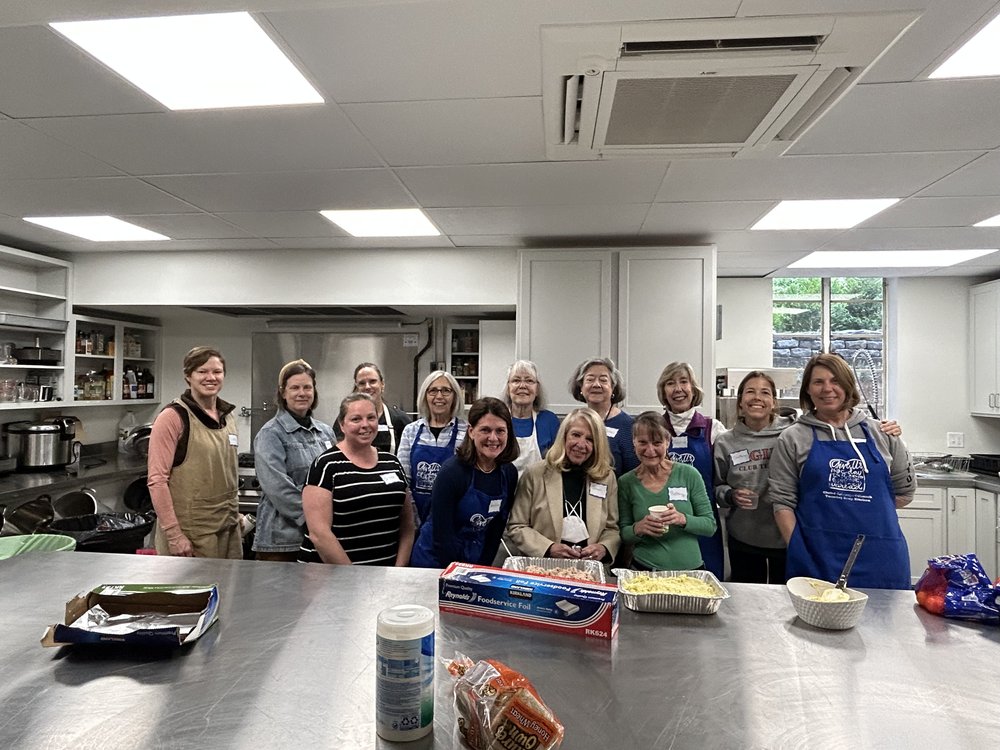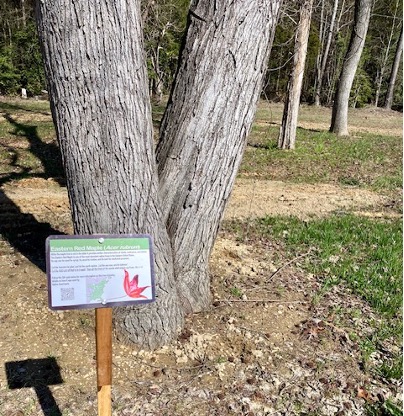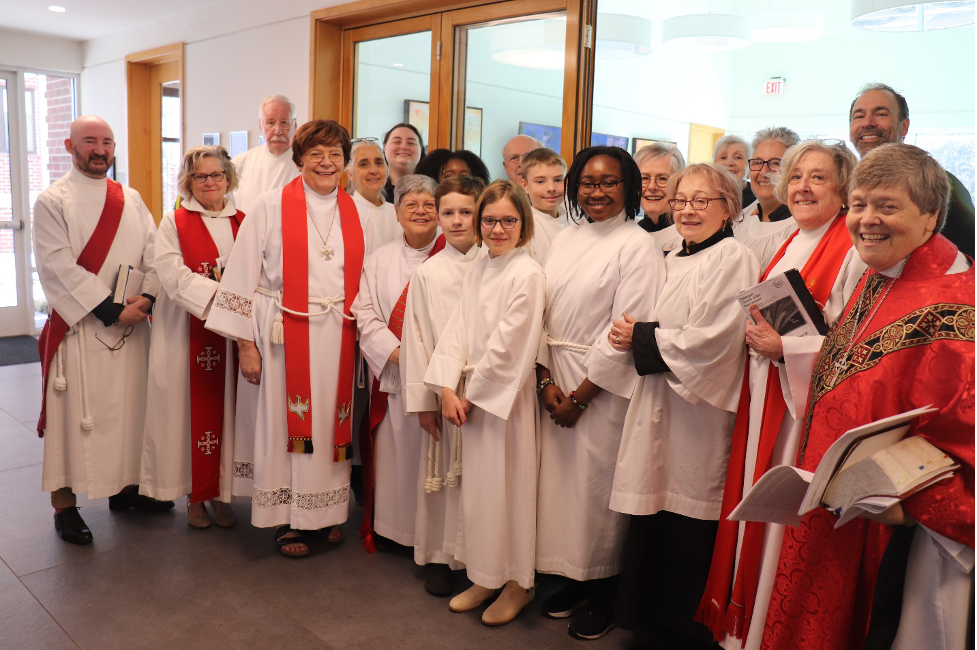Love Jesus. Embody justice. Be disciples.
Stories from the Diocese
Christ Church, Charlottesville, Offers Free Weekly Lunches to the Community
Christ Church has been serving the downtown Charlottesville area for over 30 years through the Christ Church Community Lunch. Church volunteers prepare and serve a nourishing meal every Tuesday to all who walk through their doors.
Trail Links to Bible and Native American History
St. Peter's Episcopal Church recently opened a "Trees of the Bible" walking trail. St. Peter’s Rector, The Very Rev. Rodney E. Gordon said the trail allows walkers to explore the natural beauty of the area while learning about the significance of its trees in both the Bible and American history.
St. Paul’s Seeking Episcopal Students for Scholarships to UVA
CHARLOTTESVILLE, VA - St. Paul’s Memorial Church is seeking Episcopal students at The University of Virginia to apply for Episcopal Church Leadership Scholarships. The Rev. Dr. Peter Kang, UVA chaplain at St. Paul’s said up to $300,000 in $5,000 and $20,000...
Church of the Resurrection Turned 60 on Palm Sunday
The most special blessings of the day were the opportunities for all three congregations to meet both the church’s newest members and its second Rector, as well as to greet the “ambassadors” from The Spire who joined Resurrection in worship.
Upcoming Events
Union of Black Episcopalians Informational Meeting and Commemoration of the Rev. Peter William Cassey and Mrs. Anna Besant Cassey
Union of Black Episcopalians Informational Meeting and Commemoration of the Rev. Peter William Cassey and Mrs. Anna Besant Cassey
During the virtual gathering you will have the opportunity to hear from the Reverend Kim Coleman, National UBE President, who will share insights into the organization's mission and impact, and Mrs. Helen Sharpe-Williams, Mid-Atlantic Regional President, will discuss th...
Spiritual Practices IV - St. Bonaventure, The Itinerarium
Spiritual Practices IV - St. Bonaventure, The Itinerarium
We will discuss personal spiritual practices and reflect on St. Bonaventure. Contact The Rev. Canon Chanta Bhan CBhan@episcopalvirginia.org.
BraveSpace Book Group - Arab-American Culture
BraveSpace Book Group - Arab-American Culture
We will read and discuss 25 Million Sparks: The Untold Story of Refugee Entrepreneurs by Andrew Leon Hanna (click to purchase). Contact The Rev. Canon Chanta Bhan CBhan@episcopalvirginia.org.
The Episcopal Church Women of the Diocese of Virginia Spring Meeting
The Episcopal Church Women of the Diocese of Virginia Spring Meeting
Theme: “Created in Christ Jesus for good work” Ephesians 2:10. Keynote speaker: The Reverend Canon Chanta Bhan, Canon for Discipleship. Guest Speaker: Tyler Wallace, Outreach and Prevention Coordinator, Safe Harbor.
Parish Youth Ministries 2.0? Diocesan Listening Session
Parish Youth Ministries 2.0? Diocesan Listening Session
Join us for a listening session to discuss what's next for the youth of the Diocese! Gather with your youth group or parents to help us discern the next steps -- and be prepared to volunteer for leadership roles!
News Releases
An Update on the Wildfires in the Shenandoah and Fort Valleys
As of Wednesday afternoon there are wildfires affecting areas within our diocese, including Shenandoah County, Page County, Shenandoah National Park and Valley, and Fort Valley. The Very Rev. Kathleen Murray, Rector of St. Andrew’s Episcopal Church in Mount Jackson...
New Archdeacon Appointed as Bishop Seeks to Grow Diaconate
The Rt. Rev’d E. Mark Stevenson says Fredrico Garza will collaborate with Archdeacon Holly Hanback to shepherd and grow the number of deacons in The Diocese of Virgina.
Bishop Harris Ordains Three New Deacons at St. Paul’s, Alexandria
On March 16, Bishop Harris ordained three new deacons at St. Paul’s Alexandria. God willing, these deacons will become priests in the summer of 2024.




